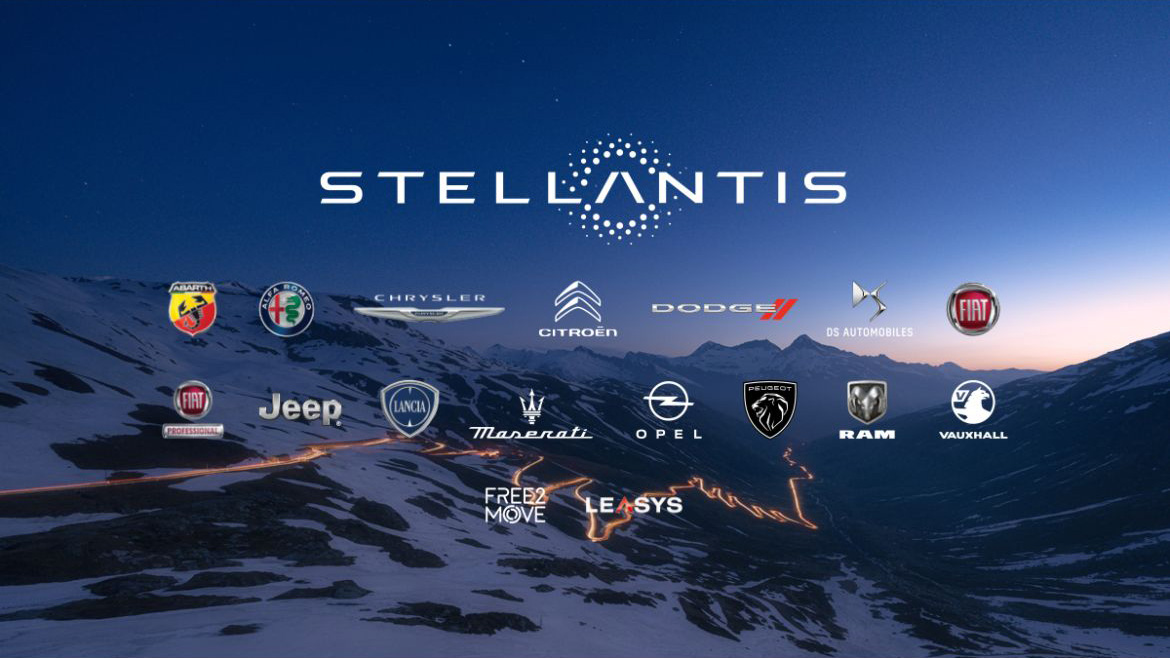Stellantis oversees fourteen car brands: Citroen, Fiat, Opel, Vauxhall, Peugeot, Abarth, Ram, Dodge, Chrysler, Jeep, Lancia, DS Automobiles, Alfa Romeo, and Maserati. This automotive giant emerged in early 2021 from the merger of PSA Group and Fiat Chrysler Automobiles.
According to Stellantis CEO Carlos Tavares, unprofitable brands might be phased out. "If they don't make money, we'll shut them down. We cannot afford to have brands that do not make money," Tavares told Reuters.
While Tavares did not specify which brands are at risk, industry experts speculate that Maserati could be sold and Lancia or DS might be discontinued. However, this remains speculation. Major brands like Fiat, Opel/Vauxhall, Peugeot, Citroen, Jeep, and Ram are seen as too critical to fail.
Other brands, including Alfa Romeo, Dodge, and Chrysler, are more vulnerable. Chrysler is especially at risk, currently offering only the aging Pacifica minivan after discontinuing the 300C.
Three years ago, Tavares promised to invest in all 14 brands for a decade. However, only three years into that commitment, signs suggest some brands might be cut.
Stellantis, the world's fourth-largest automaker, faces challenges managing so many brands amid intense industry competition. Its shares have dropped by 22 percent this year following weaker-than-expected financial results for the first half of 2024. Adjusted operating income fell by 40 percent, primarily due to poor performance in the North American market. Net revenues decreased by 14 percent, and net profit dropped by 48 percent.
In North America, sales declined by 18 percent compared to the first half of 2023, partly due to the discontinuation of the Dodge Charger, Challenger, Jeep Renegade, and Cherokee. Additionally, Ram 1500 sales slowed due to a mid-cycle update.
Stellantis also saw a six-percent sales drop in the Enlarged Europe region and South America. Conversely, sales in the Middle East and Africa increased by three percent, driven by Fiat's tripling sales in those regions.
Source: Reuters

